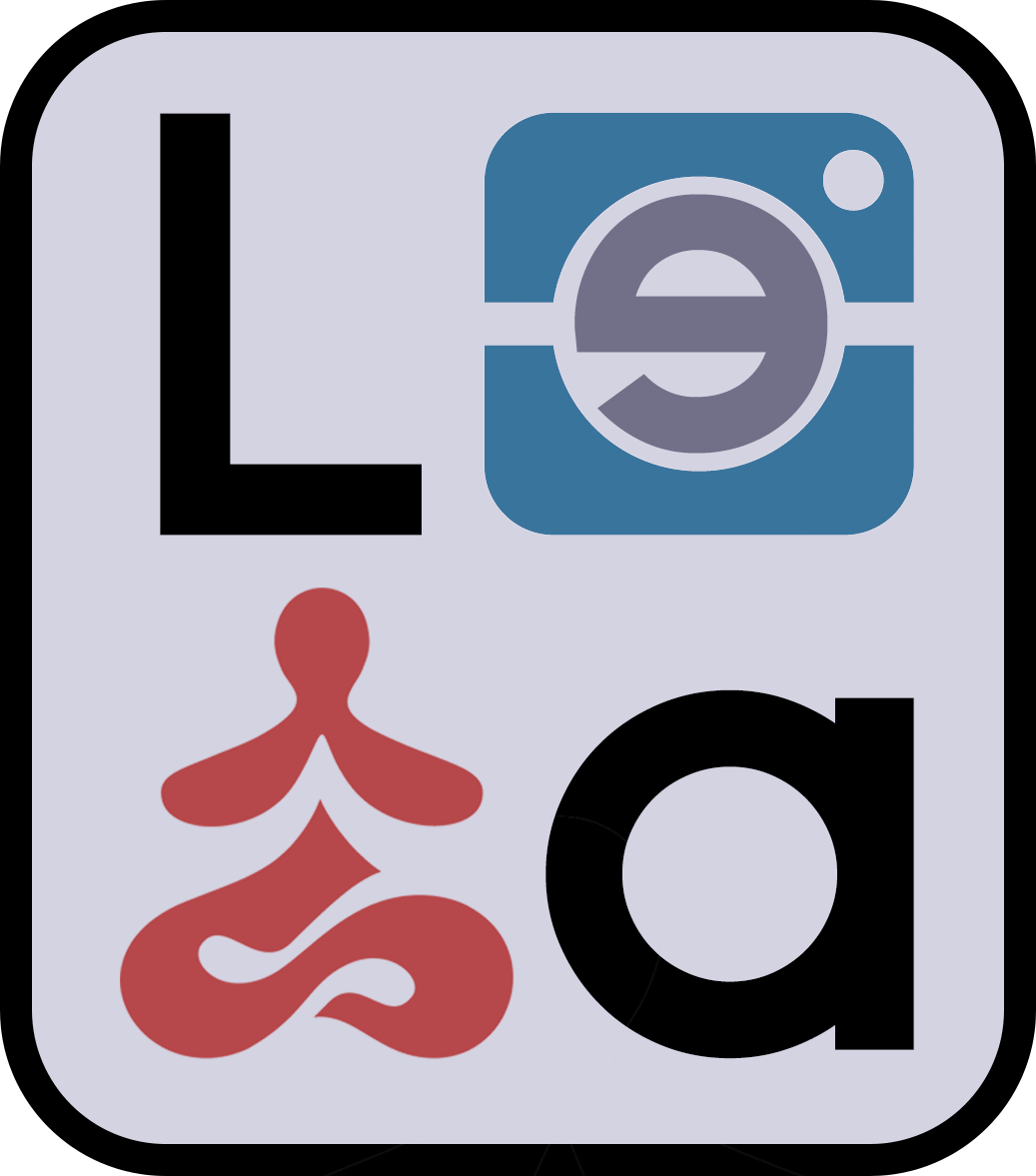When you live for everyone… except yourself
A survival guide for women who have forgotten themselves in the role of caregiver.
I always say the same thing: the world moves so fast, and we know so little about finding time and space for ourselves, that we have even lost connection with who we are.
That’s why I started YINANDRESET, and why I created the podcast: to offer tools to women who are struggling in their everyday lives, who may no longer recognise themselves in the chaos, or who reach the weekend so exhausted that they can’t dedicate even a moment just to themselves.
I mostly work with women over 40, and in every single one of our conversations, the same dialogue keeps coming up:
• “I don’t have time for myself.”
• “I have responsibilities and a family to take care of.”
• “I don’t have time for these things.”
Behind these words, I see exhaustion, melancholy, guilt… and a longing to reconnect.
In today’s post, I’d like to invite you to reflect, and to offer tools to help you find those spaces. And because I know how tired you are, or how little time you feel you have, I’m not going to ask for drastic changes. Instead, I invite you to begin with small spaces of reconnection that are real, sustainable, and truly yours.
Why is it so hard to put yourself first?
From early childhood, many women have been taught to be useful, available, and good for others — not defined by what they feel or dream, but by what they do. Over time, this becomes their identity. And there hasn’t been much choice, because choosing otherwise often feels (or is labelled) selfish.
When a woman chooses not to be a mother, not to marry, or to prioritise herself, society often punishes her with negative messages about being selfish and uncaring. But these are simply decisions. Your life is the one you decide. And if you find yourself living a life that doesn’t feel like yours anymore, it might be time to pause, and observe.
But I want to go a bit deeper. That phrase “I don’t have time” hides more than responsibilities; it’s an emotional avoidance strategy. When you don’t prioritise yourself, you’re actually defending something inside you.
• You avoid facing the emptiness that comes when you’re no longer “needed”.
• You avoid looking at loneliness, frustration, or the repressed desire to do what you’ve always dreamed.
• You avoid the grief of forgetting parts of yourself, of no longer recognising who you are.
“It’s not that you don’t have time. It’s that you haven’t given yourself permission to take up space in your own life.”
What if the problem isn’t time… but the fear of listening to yourself?
The phrase “I don’t have time for myself” often hides much more. Scratch beneath the surface and you’ll find fear: the difficulty of holding whatever might come up if you truly listened to yourself.
Then more excuses arise:
• “When the kids are grown, I’ll have time.”
• “When I retire, then I can think about me.”
• “Now isn’t the right moment — later.”
But let me tell you this clearly: the perfect moment doesn’t exist. And the more you delay meeting yourself, the louder the internal noise gets, especially at night, when no one else can hear. That restlessness, that discomfort, that feeling of being lost, those nights waking up unsettled, the anxiety you feel inside — they all point to your inner child screaming to be seen and heard.
A survival guide for women who have forgotten themselves in the role of caregiver.
What does psychology say?
I love looking at this behaviour through the lens of psychology. From the perspective of role theory, women have historically been defined by their place in the family and society:
• the caregiver
• the problem-solver
• the supporter
• the giver-of-permission
But what happens when we drift away from those roles, or sense we’re no longer needed in that way? An internal void appears — a painful emptiness many don’t know how to fill.
And when you avoid listening to yourself, those internal silences surface as pain:
• Guilt when you choose yourself, feeling like you’re abandoning others.
• Anxiety when you’re not “doing” something useful, as if resting is selfish or wasteful.
• Disconnection from your desires, joys, or dreams, since you no longer know what excites or fulfils you.
• Emotional amnesia: forgetting what makes you feel alive, what moves you, what makes you laugh or feel connected to your essence.
“The mind is programmed to sustain, but the soul is asking to return.”
Returning to you
What would happen if you returned to yourself? Returning doesn’t mean abandoning care or running away from your life. Returning is inviting yourself back. It is giving yourself permission to exist beyond the role. To be a woman before a function.
Try this simple exercise: gently ask yourself — What do I need today?
How to begin reclaiming your inner space
1. Redefine “time for me”
Many think that self-care means an hour-long walk, yoga with incense, or a long holiday on your own. But if you wait for that ideal moment, it will never come.
Your time doesn’t have to be long or perfect — just sufficiently present.
Practical exercise:
Make a list of micro-actions (under 10 minutes) that nourish you:
Read one page from a forgotten book
Listen to one song, fully, doing nothing else
Smell a favourite essential oil or lotion
Step onto the balcony and look at the sky
Massage your feet gently
Simply take a deep breath
These small gestures open tiny doors back to yourself. Start observing.
2. Break the “all or nothing” pattern
We are often our own worst enemies, caught in extremes. We punish ourselves before even starting. We sabotage our own decisions before they are even made.
Many of us say: “Why start if I can’t do it perfectly? Why start if I cannot commit?”
That mindset is perfectionism and fear. It’s another way we avoid ourselves.
But here’s the Yin reminder:
“Do it, even in the chaos. That act is true self-love.”
That’s why I love the Yin side. Yin Yoga doesn’t demand; it invites. You can practise anywhere — in pyjamas, on the kitchen floor, in the office, on the bus, while life goes on.
Even if just for five minutes: stop. Breathe. Observe. Reconnect. That small gesture breaks the pattern of forgetting you.
3. Challenge your limiting beliefs
Society and family values have done a lot of damage in how humans function nowadays. We have forgotten to listen to ourselves and to create our own values. That’s why many women unconsciously follow outdated ideas such as:
“If I rest, I’m lazy.”
“First others, then me.”
“I’ll get to me when everything else is done.”
We can change those ideas. I invite you to explore these beliefs in writing or mentally:
What belief stops me from caring for myself?
Who told me that rest is wasted time?
What would I say to a friend in my situation?
Just remember: if you wouldn’t say it to someone you love… why say it to yourself?
What Traditional Chinese Medicine offers: Yin as emotional recovery
When I reached menopause and discovered Traditional Chinese Medicine, something shifted inside me. I reconnected with my vital energy and the importance of listening to what our body asks of us. The flow of energy, the dance of Yin and Yang, is essential for balance.
I learnt the hard way that when these forces are out of balance — especially when Yang dominates — we enter survival mode: action, speed, control.
Over time, this drains the Jing (vital energy stored in the kidneys) and dries the Yin, leaving women with no internal resources to support themselves. That’s why many feel exhausted when they push themselves to the limit.
Signs of imbalance: chronic fatigue, insomnia, anxiety, inability to rest, dry skin, vaginal dryness, and that disorienting feeling of “not knowing who I am.”
I always tell my students: Yin Yoga doesn’t require any drastic life change.
Yin asks only that you pause and observe your body, without pressure.
This simple act becomes a declaration:
“I’m here. I will not abandon myself again.”
Rebirth in the second spring: Menopause
One of the beauties of Traditional Chinese Medicine is that it honours a woman’s cyclical nature: menstruation, motherhood, menopause.
Modern culture, however, demands linear efficiency, stability, constant availability — which contradicts that nature. They want us always ready, always producing, always creating.
Listen to the wisdom of TCM:
“Forcing a Yin body to live a Yang life dims it.”
I will not stop saying that menopause has not only been the greatest challenge of my life, it has also been the greatest gift.
Menopause is not a decline. It is a second inner spring. Energy that once flowed outward can reorient inward, slowing rhythm and increasing receptivity. We can rewire our values — and menopause is a great opportunity to do so.
But this requires stopping, emptying, and reorienting your energy. Without internal space, the return to your centre cannot occur.
Traditional Chinese Medicine tips for regaining balance:
Nourish Yin with intentional rest — not just sleep, but nourishing stillness
Strengthen the kidneys with foods like black sesame, walnuts, broths, cooked meals
Practise slow, deep movements (Yin Yoga, gentle Qi Gong, seated meditation)
Reduce overstimulation: screens, multitasking, noise
Cultivate soft, creative, purposeless acts: painting, journalling, walking without goal, touchwork
“When you stop holding up everyone else, you can begin holding yourself. And that’s the path to your true self.”
The internet is full of tools to regain control, to heal, to plan, to be more present. But I have come to a conclusion: maybe it’s not about finding yourself as if you were lost… but about remembering your essence — that quiet whisper you were before all the noise, the woman beneath the roles, lists, and duties.
Ask yourself today, with tenderness:
Who would I be if I gave myself permission to stop supporting anyone for a moment?
What am I hiding behind the role to avoid what hurts?
Who emerges when I stop expecting from myself?
Maybe you don’t need more time.
Just one real moment with yourself.
Because sometimes a conscious sigh is the first step home.
Coming back to yourself can feel uncomfortable… but it’s the only way to feel truly alive again.


